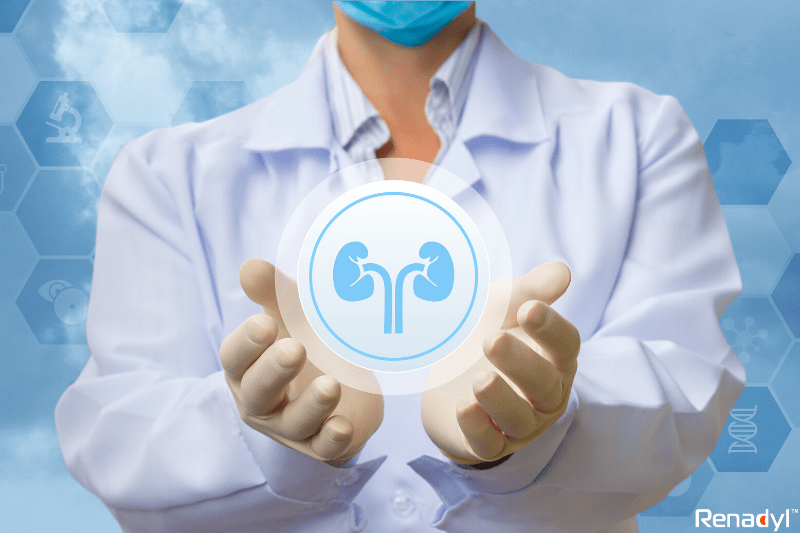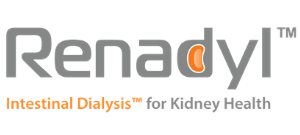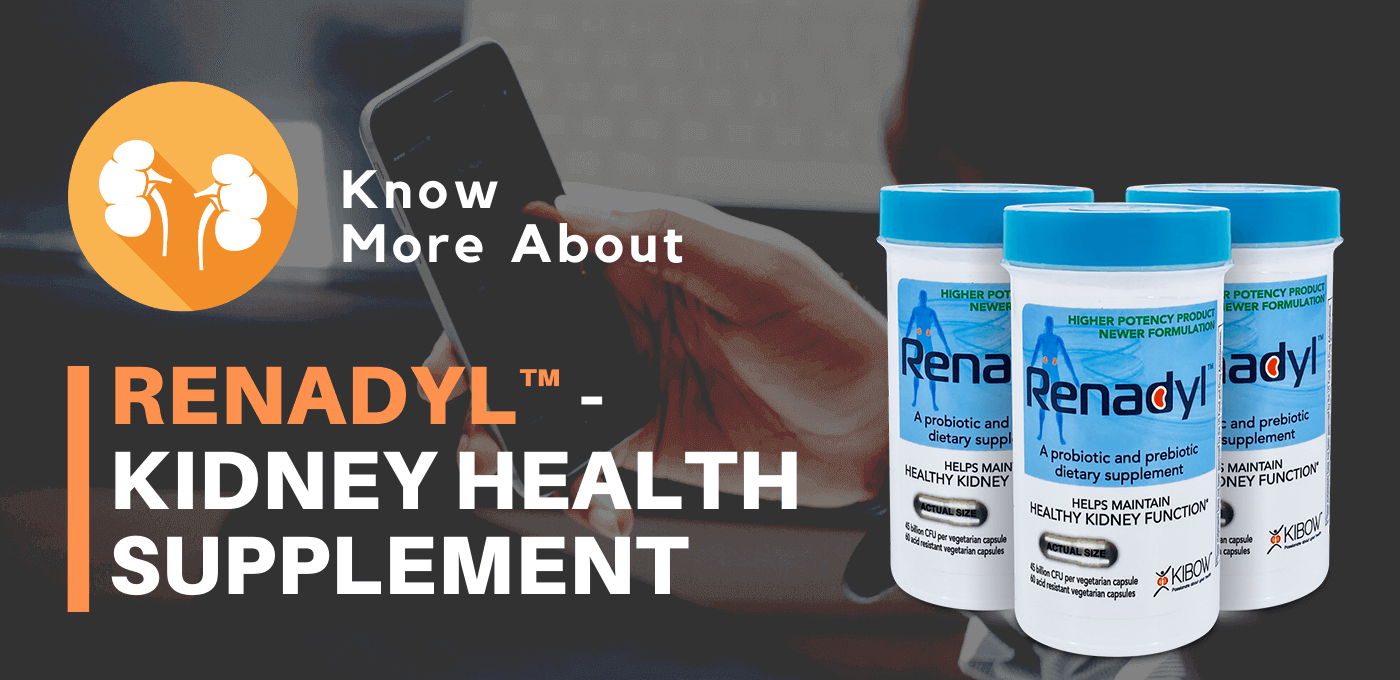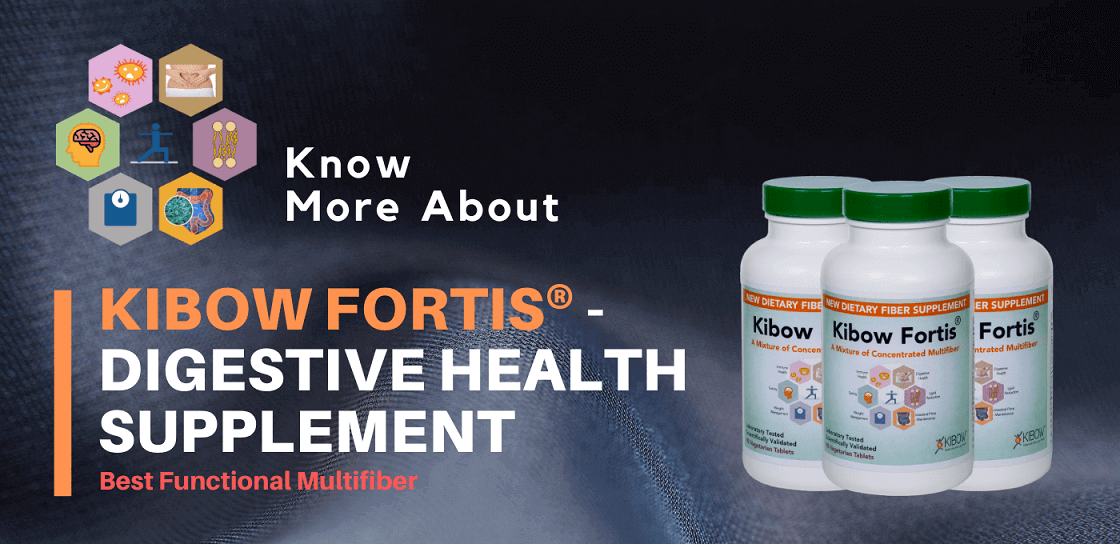
- Home
- /
- Kidney Health
- /
- Healthy Lifestyle and Kidney Illness
Healthy Lifestyle and Kidney Illness
Article posted in:
Kidney Health

Changing for the better!
Kidney illness doesn’t have to stop your loved one from living the life of their dreams. By making a few smart changes to diet and forming some overall healthy habits, patients with Kidney Illness can keep enjoying their lives. Because these changes can benefit anyone, consider asking for support by encouraging your loved one to do the same. Sometimes it’s easier to make changes with a dedicated healthy lifestyle buddy.
As always, speak with your doctor before making substantial lifestyle changes. Your doctor will be able to give you advice based on your specific needs and physical requirements. This content is for educational purposes only. It is not intended to be a substitute for professional medical advice, diagnosis, or treatment. Always seek the advice of your physician or other qualified healthcare providers with any questions you may have regarding a medical condition. Never disregard professional medical advice or delay in seeking it because of something you have read on this Website.
Good Eating Habits

Maintaining a healthy diet can be difficult but not impossible. Remember to be kind to yourself and your body. Mistakes may happen! Just keep trying to make these changes and eventually you’ll be well on your way to a healthy lifestyle even with kidney illness.
- Low Sodium Diet– The American Heart Association recommends1 “no more than 1,500 mg per day for most adults”‘. This may seem low, but this limit can help lower blood pressure. Try creating a trail mix with unsalted-nuts or roasted chickpeas with spices or herbs instead of salt.
- Protein Consumption– Lean proteins, like chicken and fish, are recommended by the National Institute of Diabetes and Digestive and Kidney Diseases (NIH)2.
- Low Phosphorus Food: The National Kidney Foundation3 explains that damaged kidneys are not able to filter phosphorus out of the bloodstream. This can cause more damage to the body. To read more about which foods to avoid, visit DaVita Kidney Care’s “Top Low-Phosphorus Food Choices for a Kidney Diet.”
- Balancing Potassium: Medical News Today4 explains that consuming too much potassium can cause irregular. As a result, many try to avoid it. However, consuming too little can cause muscle weakness. If you’re looking to increase your vegetable and fruit consumption without raising potassium, try these Low Potassium Foods Suggested By Registered Dietitian and Board-Certified Renal Nutritionist, Jen Hernandez.
- Eat Heart-Healthy Food: Avoid fried food! The American Heart Association5 recommends consuming healthy foods. In other words, they suggest “a variety of fruits and vegetables, whole grains, low-fat dairy products, skinless poultry and fish, nuts and legumes, and non-tropical vegetable oils.”
Good Exercise Habits

Exercise can help patients with kidney illness with their Quality of Life. Once QoL is boosted, they can continue to strengthen muscles, boost energy levels, and increase happiness. Speak with your doctors about an exercise routine that is best for your body and specific needs.
Bad Habits to Avoid
Smoking, alcohol consumption, stress, and fatty foods can worsen kidney illness. If you’re struggling to break a habit, check out Time Magazine’s 2018 article, “5 Science-Approved Ways to Break a Bad Habit.”
A Promising Combination!
Implementing the lifestyle changes above, as well as supplementing with probiotics, may increase the patient’s QoL and help support proper kidney function.


Works Cited
1 How much sodium should I eat per day? (2018, May 23). Retrieved 2019, from https://www.heart.org/en/healthy-living/healthy-eating/eat-smart/sodium/how-much-sodium-should-i-eat-per-day
2 Eating Right for Chronic Kidney Disease. (2016, October 01). Retrieved April 26, 2019, from https://www.niddk.nih.gov/health-information/kidney-disease/chronic-kidney-disease-ckd/eating-nutrition
3 Phosphorus and Your CKD Diet. (2019, April 19). Retrieved 2019, from https://www.kidney.org/atoz/content/phosphorus
4 Barhum, L. (2018, May 9). High-potassium foods to avoid: Eating for chronic kidney disease. Retrieved 2019, from https://www.medicalnewstoday.com/articles/321750.php
5 Lifestyle Changes for Heart Failure. (2017, May 31). Retrieved 2019, from https://www.heart.org/en/health-topics/heart-failure/treatment-options-for-heart-failure/lifestyle-changes-for-heart-failure
Renadyl™ | Natural supplement for Kidney Health
Renadyl™ is a patented and proprietary probiotics dietary supplement that has been scientifically formulated and clinically tested. It metabolizes nitrogenous waste that has diffused from the bloodstream into the bowel. Nitrogenous wastes are utilized by Renadyl™ as nutrients. As probiotics grow and multiply, they consume more nitrogenous waste and therefore effectively help maintain healthy kidney function. The nitrogenous metabolites are eliminated as solid waste/fecal matter.
Categories
Recent Posts
- Check out these Live Testimonials, thanks to Steve the Kidney Nurse February 15, 2022
- Kidney Friendly Infused Water August 20, 2020
- Is salt bad for the kidneys? August 12, 2020
- Drinking Water With Kidney Problems August 7, 2020
- What is Renadyl Used For August 5, 2020
Recent Comments
- Kibow Biotech on Drinking Water With Kidney Problems
- Santos Gonzalez on Drinking Water With Kidney Problems
- James F Hawkins III on Drinking Water With Kidney Problems
- Loretta on Kidney-Friendly Dessert
- Leo on Kidney-Friendly Summer Meal



Comments
Leave a Comment